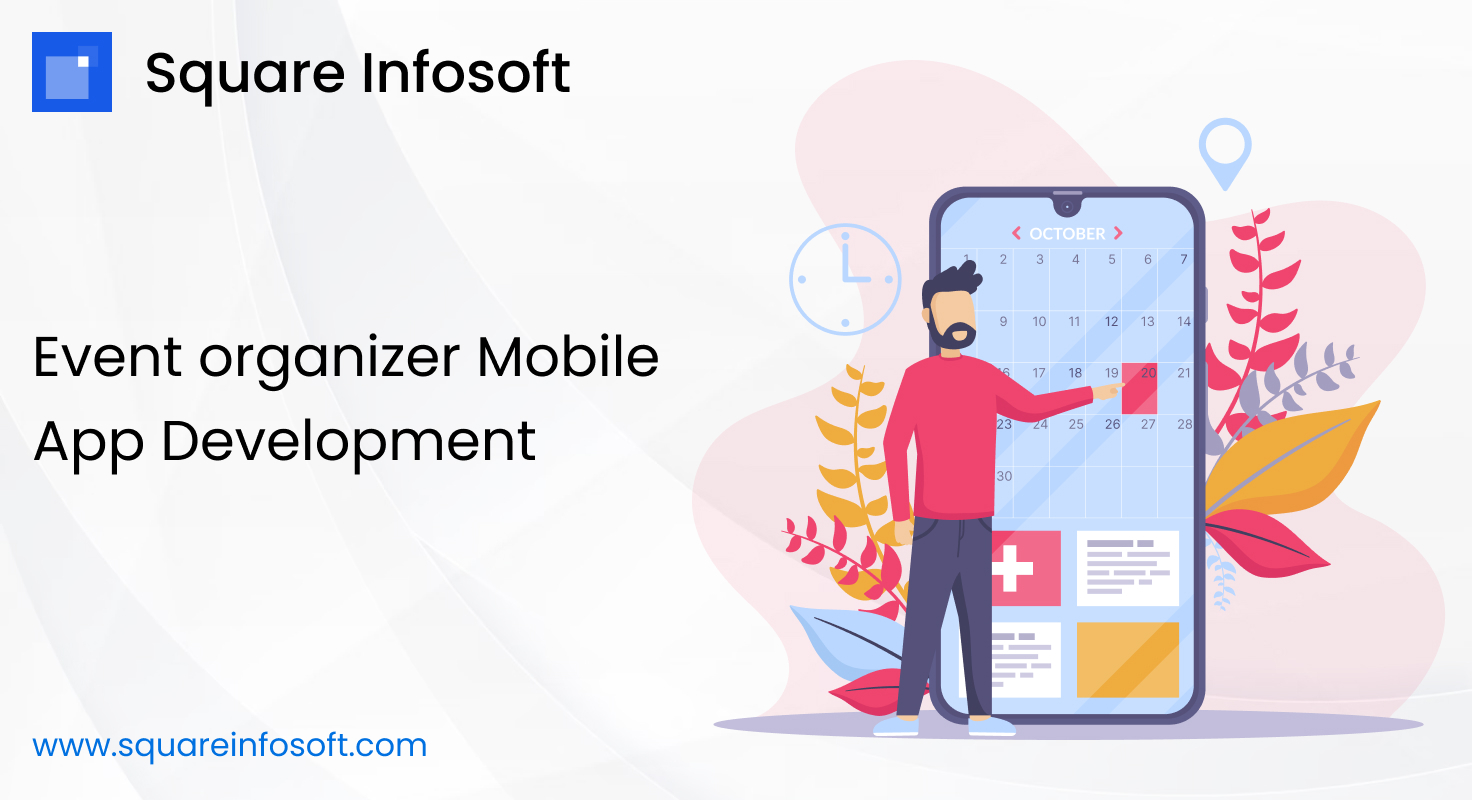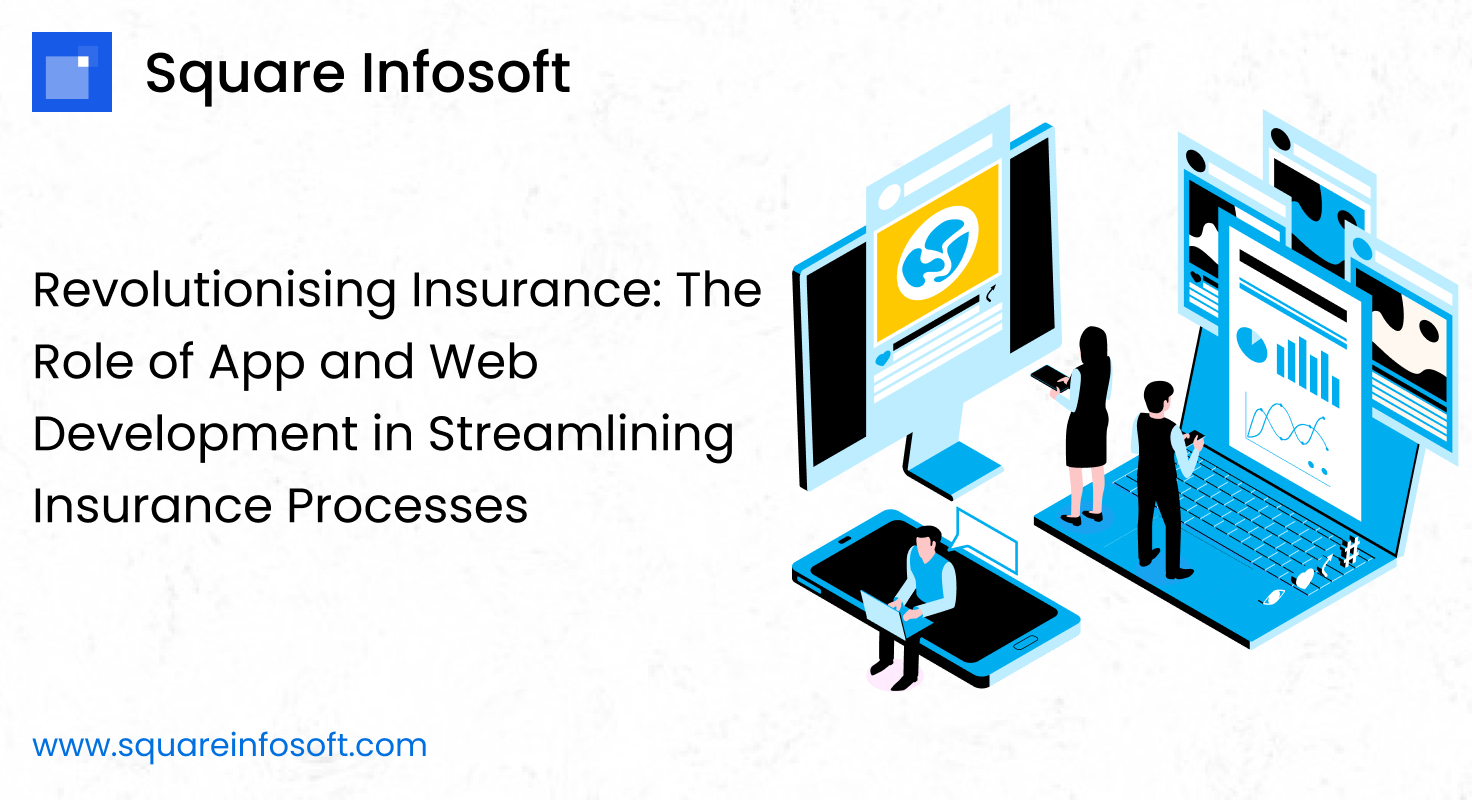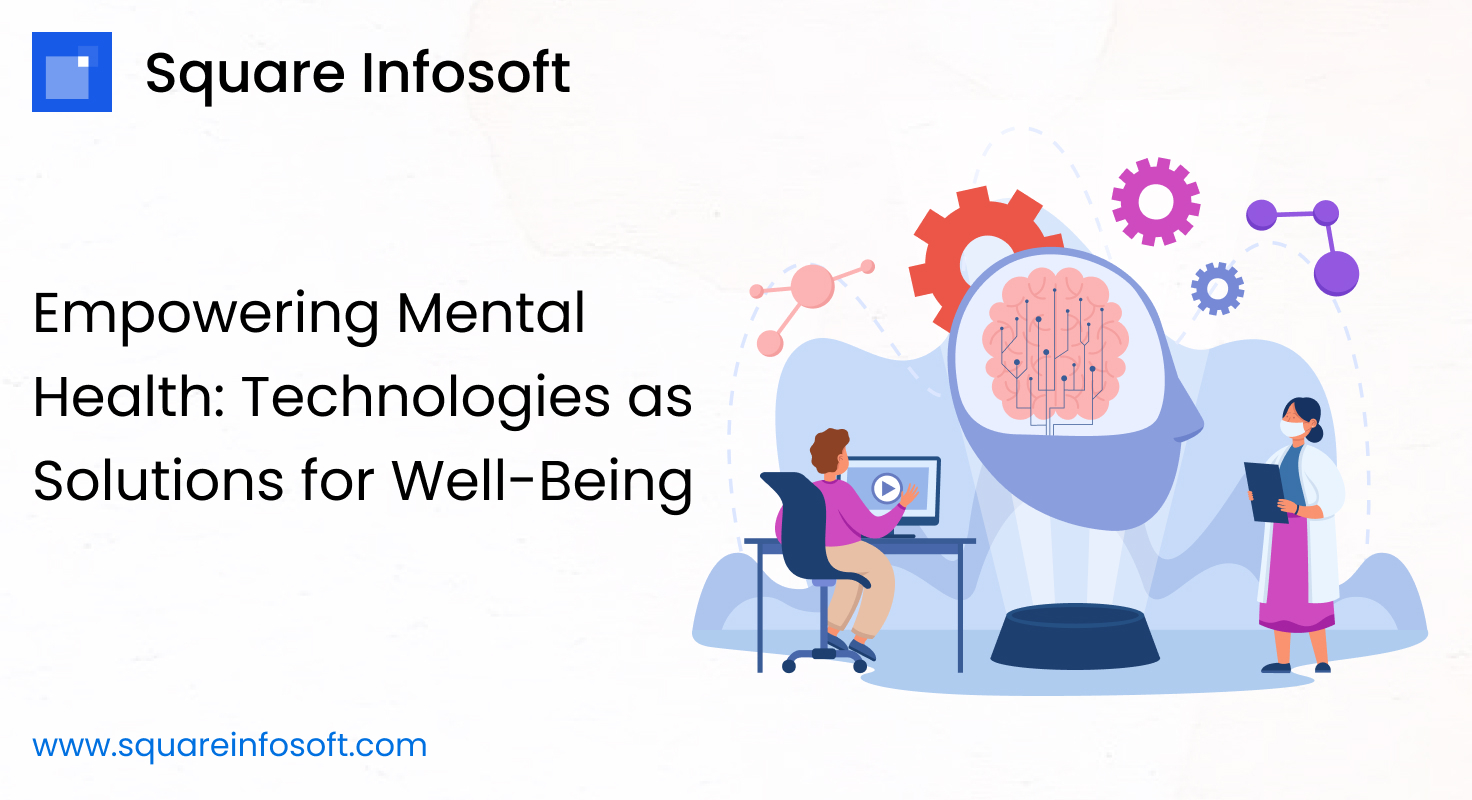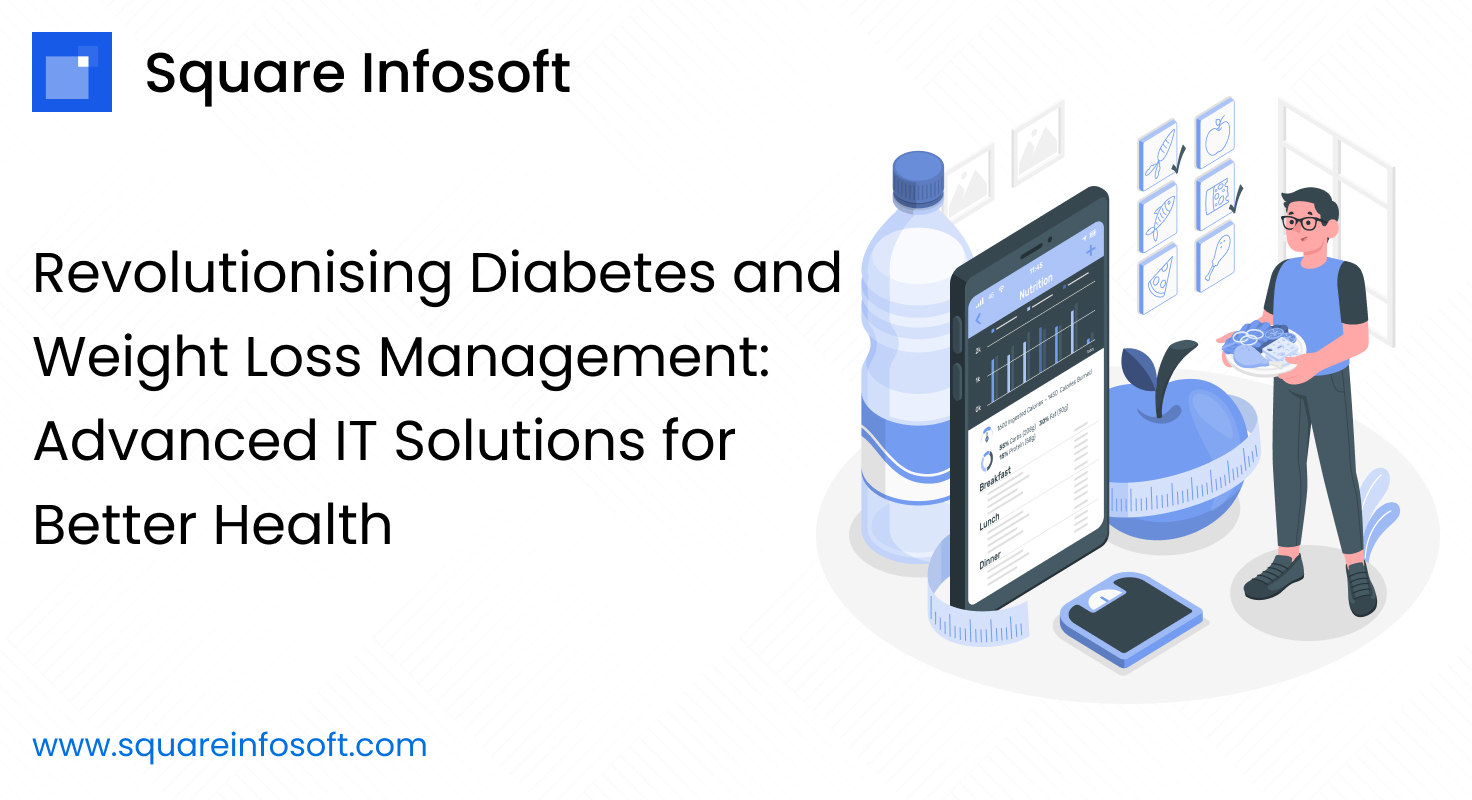Developing an event organizer mobile app can be a great project, but it requires careful planning and execution. Below, I’ve outlined a general framework for developing such an app. Keep in mind that this is a high-level overview, and the specific features and functionality of your app will depend on your target audience and business goals.
1. Define Your Objectives:
- Determine the main purpose of your event organizer app. Is it for personal use, professional event planning, or a combination of both?
- Identify your target audience and their needs. Are you targeting individual consumers or event professionals?
2. Market Research:
- Analyze your competitors and similar apps in the market.
- Identify gaps or unique features that can set your app apart.
- Consider the platforms (iOS, Android) you want to target.
3. Feature List:
- Create a comprehensive list of features. Here are some common ones:
- User Registration and Profiles
- Event Creation and Management
- Event Calendar and Reminders
- Ticketing and Registration
- Social Sharing and Networking
- Notifications
- Location Services
- Payment Integration
- Analytics and Reporting
4. Design:
- Create wireframes and mockups to visualize the app’s layout and user interface.
- Design an intuitive user experience.
- Choose a mobile app design framework (e.g., Material Design for Android, Human Interface Guidelines for iOS).
5. Development:
- Choose a development stack (e.g., React Native, Flutter, Swift for iOS, Kotlin for Android).
- Start with developing the core features.
- Implement user authentication and data storage.
- Integrate third-party services for features like payment processing, location services, and social media sharing.
6. Testing:
- Conduct thorough testing, including unit testing, integration testing, and user testing.
- Identify and fix bugs and issues.
- Ensure the app performs well on various devices and screen sizes.
7. Security:
- Implement robust security measures to protect user data and payment information.
- Regularly update and patch the app to address security vulnerabilities.
8. Deployment:
- Deploy the app to app stores (Apple App Store, Google Play Store).
- Prepare marketing materials, such as app descriptions, screenshots, and promotional videos.
9. Marketing:
- Create a marketing strategy to promote your app.
- Use social media, email marketing, and other channels to reach your target audience.
- Consider partnerships with event organizers or venues to promote your app.
10. User Support and Updates:
- Provide customer support channels.
- Continuously gather user feedback and make improvements.
- Release regular updates with new features and bug fixes.
11. Monetization:
- Decide on a monetization strategy (e.g., freemium, subscription, in-app advertising, ticketing fees).
- Implement payment gateways accordingly.
12. Legal Considerations:
- Ensure compliance with data protection and privacy regulations (e.g., GDPR, CCPA).
- Protect your intellectual property with proper copyrights and trademarks.
13. Maintenance:
- Regularly update the app to support new OS versions and devices.
- Monitor server performance and scalability.
Remember that developing a successful event organizer mobile app requires a deep understanding of your target audience and their needs. Continuous improvement and staying up-to-date with industry trends are key to long-term success.




